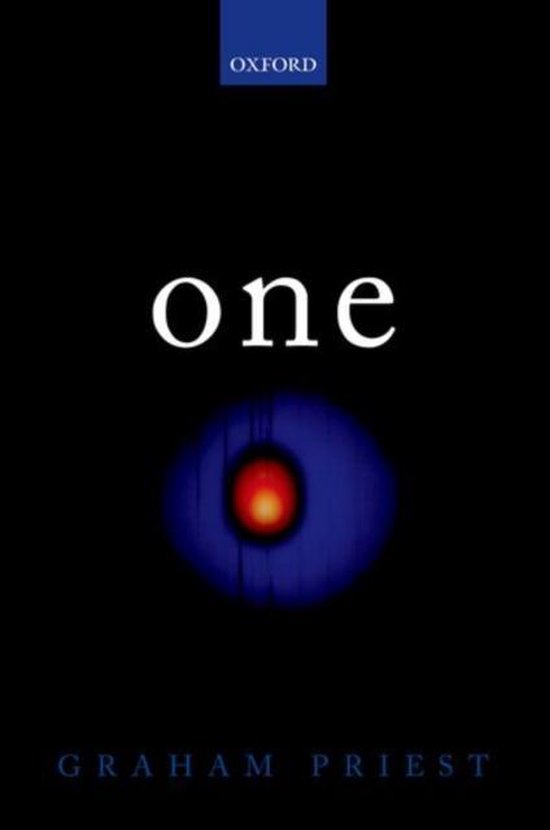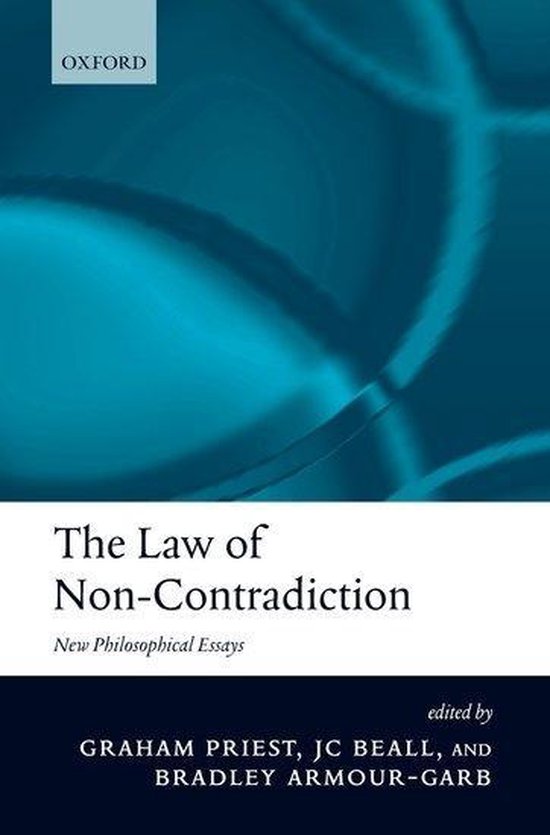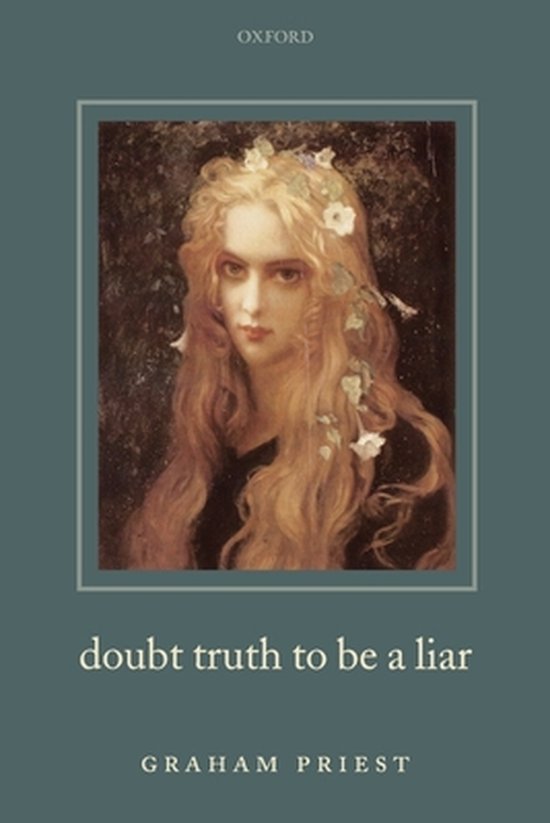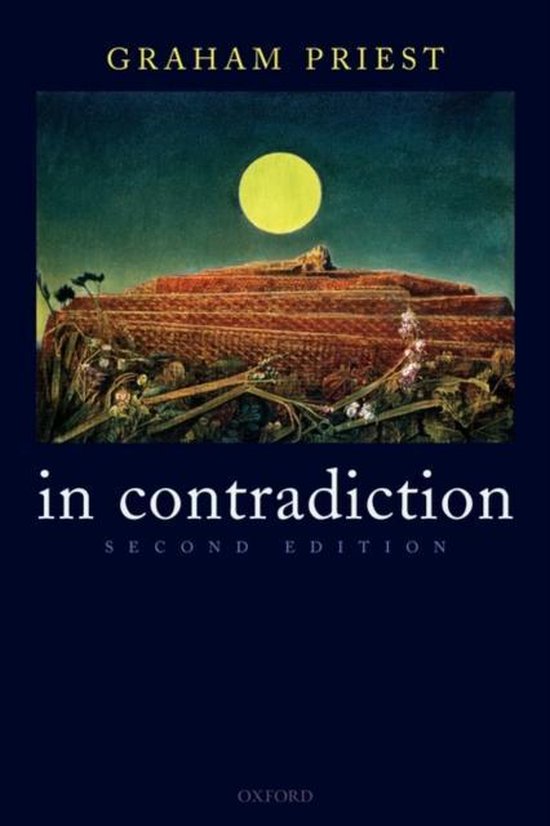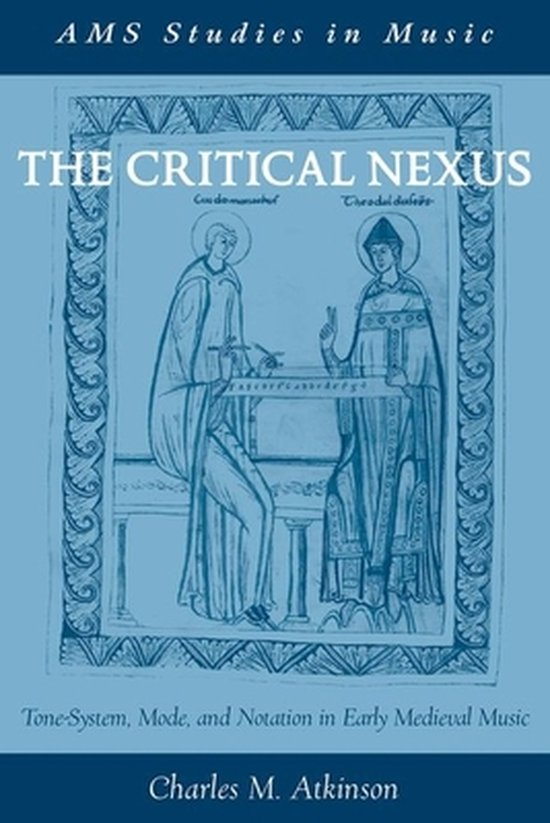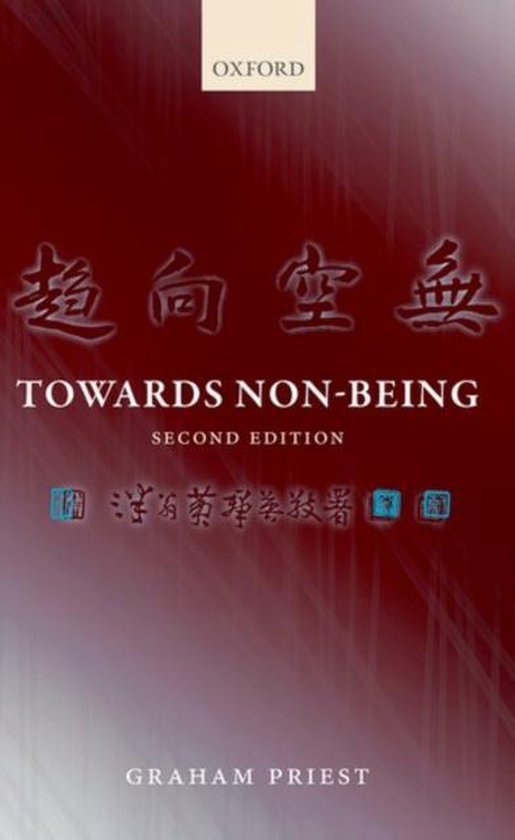
Towards Non-Being
Graham Priest presents an account of the semantics of intentional language, which proceeds in terms of objects that may be either existent or non-existent, at worlds that may be either possible or impossible. This updated second edition includes ten new chapters which develop the ideas of the first edition, explore new areas, and reply to critics.
Towards Non-Being presents an account of the semantics of intentional language--verbs such as 'believes', 'fears', 'seeks', 'imagines'. Graham Priest tackles problems concerning intentional states which are often brushed under the carpet in discussions of intentionality, such as their failure to be closed under deducibility. Priest's account draws on the work of the late Richard Routley (Sylvan), and proceeds in terms of objects that may be either existent or non-existent, at worlds that may be either possible or impossible. Since Russell, non-existent objects have had a bad press in Western philosophy; Priest mounts a full-scale defence. In the process, he offers an account of both fictional and mathematical objects as non-existent. The book will be of central interest to anyone who is concerned with intentionality in the philosophy of mind or philosophy of language, the metaphysics of existence and identity, the philosophy or fiction, the philosophy of mathematics, or cognitive representation in AI. This updated second edition adds ten new chapters to the original eight. These further develop the ideas of the first edition, reply to critics, and explore new areas of relevance. New topics covered include: conceivability, realism/antirealism concerning non-existent objects, self-deception, and the verb to be.
Towards Non-Being presents an account of the semantics of intentional language--verbs such as 'believes', 'fears', 'seeks', 'imagines'. Graham Priest tackles problems concerning intentional states which are often brushed under the carpet in discussions of intentionality, such as their failure to be closed under deducibility. Priest's account draws on the work of the late Richard Routley (Sylvan), and proceeds in terms of objects that may be either existent or non-existent, at worlds that may be either possible or impossible. Since Russell, non-existent objects have had a bad press in Western philosophy; Priest mounts a full-scale defence. In the process, he offers an account of both fictional and mathematical objects as non-existent. The book will be of central interest to anyone who is concerned with intentionality in the philosophy of mind or philosophy of language, the metaphysics of existence and identity, the philosophy or fiction, the philosophy of mathematics, or cognitive representation in AI. This updated second edition adds ten new chapters to the original eight. These further develop the ideas of the first edition, reply to critics, and explore new areas of relevance. New topics covered include: conceivability, realism/antirealism concerning non-existent objects, self-deception, and the verb to be.
| Auteur | | Graham Priest |
| Taal | | Engels |
| Type | | Paperback |
| Categorie | | Wetenschap & Natuur |
